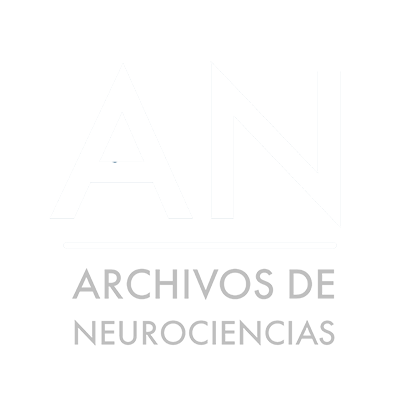Social neuroscience and noncommunicable diseases
DOI:
https://doi.org/10.31157/an.v20i4.102Keywords:
social neuroscience, noncommunicable diseases, health, social pain.Abstract
Social neuroscience research has focused on the processes of perception and understanding of self, in the process of emotional self-regulation, action, and in the processes that occur at the interface between one and the others. This area of research seeks holistic explanations to try to show the contribution of neural, cognitive and emotional aspects of behavior. Much of its research has been directed to the study of patients with some kind of brain injury or approaching cognitive processes such as memory, perception and language, but investigation work on chronical diseases has been scarce. The study of psychiatric disorders, broadly recurrent in the research of psychology, has been also an object of study in social neuroscience. On the other hand, according to the World Health Organization, noncommunicable diseases or chronics have been defined as diseases of long term and slow progression. The study of noncommunicable diseases has required permanently intervention of disciplines apart from medicine to be better understood. This paper will show a review about the contributions of social neuroscience in noncommunicable diseases. As an area of emergin research, social neuroscience needs to carry out research about diseases that impact directly on health population. This investigation will allow a better understanding of the deterioration caused by noncommunicable diseases, and it will expand the field of intervention of the social neuroscience.Downloads
Published
How to Cite
Issue
Section
License
Copyright (c) 2015 Instituto Nacional de Neurología y Neurocirugía Manuel Velasco Suárez

This work is licensed under a Creative Commons Attribution 4.0 International License.
September 2022-present © Instituto Nacional de Neurología y Neurocirugía Manuel Velasco Suárez. Open access articles under the terms of the Creative Commons Attribution-NonCommercial 4.0 International (CC BY-NC 4.0) license, which permits use, distribution and reproduction in any medium, provided the original work is properly cited. No commercial re-use is allowed.
January-September 2022 © The authors. Open access articles under the terms of the Creative Commons Attribution-NonCommercial 4.0 International (CC BY-NC 4.0) license, which permits use, distribution and reproduction in any medium, provided the original work is properly cited. No commercial re-use is allowed.
January 2014-December 2021 © Instituto Nacional de Neurología y Neurocirugía Manuel Velasco Suárez. Open access articles under the terms of the Creative Commons Attribution 4.0 International (CC BY 4.0) license, which permits use, distribution and reproduction in any medium, provided the original work is properly cited.




